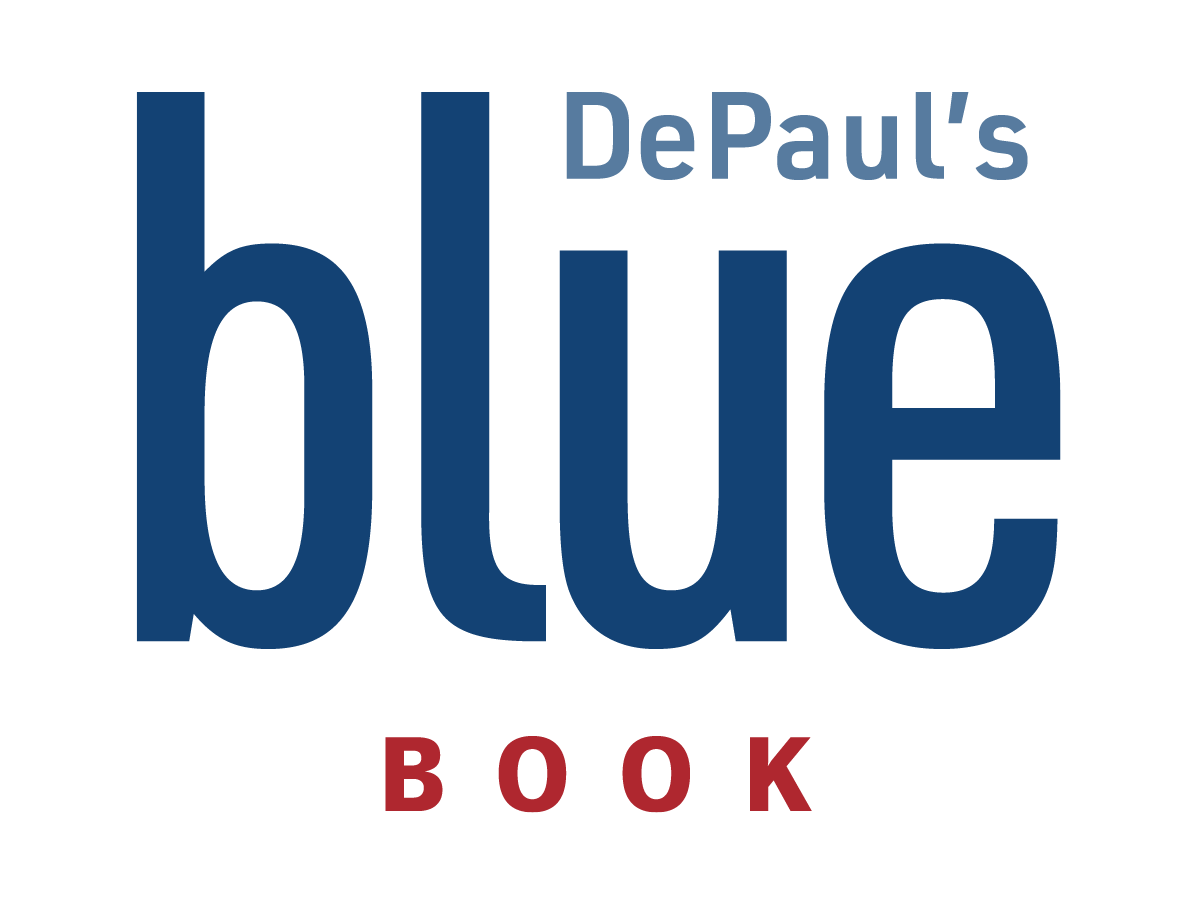
Dr. Michael Gallaway
Dear Writer, You Are Not Alone (And Why You Shouldn’t Try to Be)
The reason I wanted to become a writer was informed by myths from the beginning. My love for the written word came primarily from my grandfather on my mother’s side. When I was brought into this world, he was a history teacher, but his life had been a grand adventure before. He joined the Navy at 17 to fight in the Pacific Theater, and when he came back home, he utilized the G.I. Bill to attend college in Tennessee where he played on the football team at a time when the newest safety equipment were leather helmets and the best advice a sports medic could give was to “rub some dirt on it.” The authors that my grandfather read were of this same stripe: rugged individualists who seemingly expressed a God-given gift for the word with the greatest of ease, flowing from their subconscious to the paper without any deliberation or revision. Authors like Hemingway, who my grandfather met while stationed in Spain and inadvertently insulted by offering him tainted wine from an unseasoned leather bota. The problem was my admiration for the individual writer who wrote with the greatest of ease: a harmful myth that I, and many young writers wrongly aspire to.
Carrying this unnecessary baggage into the university, I was determined to write the next great American novel, typing for days on-end, fueled by caffeine and nicotine, blessed by the muses to express a new understanding of existence in this country in the late 20th Century. But this harmful conception had a few negative results. The first is that I could not write unless I was “in the mood.” When I was feeling angsty, sad, forlorn, or lovesick, I could write for days, but when I was in a good mood, I couldn’t find the inspiration. I had the misconception that I had to be inspired to write. The second negative result was that I never showed my writing to anyone. To be a truly individual artist, I needed to come up with every syllable, word, and sentence on my own. Needless to say, my writing became increasingly solipsistic and eventually slowed to a trickle. It was not until I reframed my attitude and discarded these harmful myths that I actually started to produce consistently.
Good writing comes from practice and collaboration. When I started taking workshop classes for writing, I learned that writing is a craft as much as it is an art. Your innate talent has likely led you to this pursuit, but there are very few writers (likely none) who can simply sit down and bang out a masterpiece. Even Jack Kerouac, who famously equated revision to lying, was not the improvisational genius that he purported to be. As Kerouac scholar Paul Marion stated in a 2007 NPR interview, he “was really a supreme craftsman, and devoted to writing and the writing process.” Collaboration is an essential element of writing as well. The input that Tolkien and C.S. Lewis offered one another is well known, but communities of artists like the Modernists in the early 20th century created texts together that could not have been crafted alone. Plain and simple: the individual, blessed author does not exist.
To be the best author you can be, find a community of writers you trust and respect. Writing groups are great when they are open, honest, and without judgment. Take the advice to heart, don’t feel threatened or insufficient, and work on your writing until it is up to your (and your group’s) standards. You can get constructive feedback, improve your craft, and avoid idolizing traits that will ultimately harm your writing.
